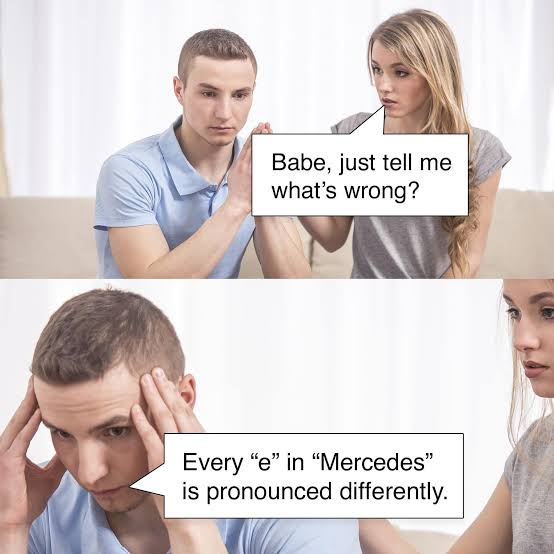this post was submitted on 03 Oct 2024
725 points (96.9% liked)
memes
14893 readers
4176 users here now
Community rules
1. Be civil
No trolling, bigotry or other insulting / annoying behaviour
2. No politics
This is non-politics community. For political memes please go to [email protected]
3. No recent reposts
Check for reposts when posting a meme, you can only repost after 1 month
4. No bots
No bots without the express approval of the mods or the admins
5. No Spam/Ads
No advertisements or spam. This is an instance rule and the only way to live.
A collection of some classic Lemmy memes for your enjoyment
Sister communities
- [email protected] : Star Trek memes, chat and shitposts
- [email protected] : Lemmy Shitposts, anything and everything goes.
- [email protected] : Linux themed memes
- [email protected] : for those who love comic stories.
founded 2 years ago
MODERATORS
you are viewing a single comment's thread
view the rest of the comments
view the rest of the comments

The difference is so narrow that I wouldn't notice any difference apart from the length, the first and last e are very slightly shorter than the middle e. And of course you have the usual going-down-with-your-voice-at-the-end-of-the-word
Yes, we often call them "long" and "short" E but the short E is actually halfway to A. It's a different vowel even though it's written the same. The last E is the vowel we often have in unstressed syllables like gekommen, same in English upon, about. We write it as E but it's basically the most relaxed vowel possible.
Look at this vowel chart to see and hear the differences.
Wouldn't e halfway to a be ä
The short e in Mercedes is much closer to e than to ä
Yesn't.
E and Ä are basically the same sounds but you use the letter Ä to indicate that the root word has an A. Fähre is derived from fahren so it has Ä but it's the same sound as the first E in Mercedes.
At least in Austria the first e in Mercedes is much closer to e than to ä.
On the other hand many actual ä are also much closer to e than to ä in Austria so ig it might be different in Germany.